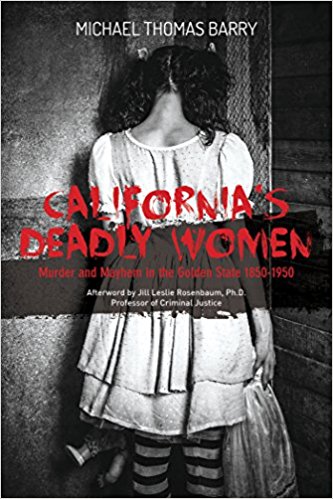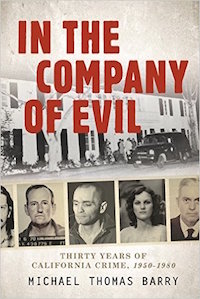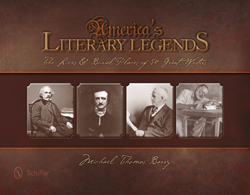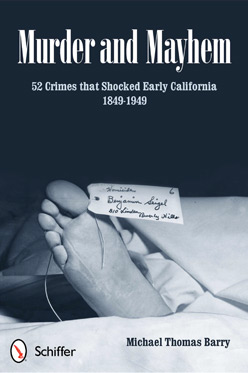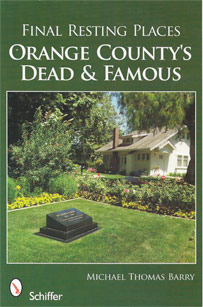06.05
This week (June 5-11) in literary history – Novelist Ken Follett was born (June 5, 1949); Ray Bradbury died (June 5, 2012); George Orwell’s Nineteen Eighty-Four was published (June 6, 1949); Novelist Louise Erdrich was born (June 7, 1954); Thomas Paine died (June 8, 1809); Crime novelist Patricia Cornwell was born (June 9, 1956); Leo Tolstoy, author of War and Peace sets off on pilgrimage to monastery (June 10, 1881); Maurice Sendak, author of Where the Wild Things Are was born (June 10, 1928); Novelist William Styron was born (June 11, 1925)
Highlighted Story of the Week –

On June 6, 1949, George Orwell’s, Nineteen Eighty-Four, a novel of a dystopian future, was published. The novel’s all-seeing leader, known as “Big Brother,” becomes a universal symbol for intrusive government and oppressive bureaucracy.
George Orwell was the pen name of Eric Blair, who was born on June 25, 1903 in India. The son of a British civil servant, Orwell attended school in London and won a scholarship to the elite prep school Eton, where most students came from wealthy upper-class backgrounds, unlike Orwell. Rather than going to college like most of his classmates, Orwell joined the Indian Imperial Police and went to work in Burma in 1922. During his five years there, he developed a severe sense of class guilt; finally in 1927, he chose not to return to Burma while on holiday in England.
Orwell, choosing to immerse himself in the experiences of the urban poor, went to Paris, where he worked menial jobs, and later spent time in England as a tramp. He wrote Down and Out in Paris and London in 1933, based on his observation of the poorer classes, and in 1937 his Road to Wigan Pier documented the life of the unemployed in northern England. Meanwhile, he had published his first novel, Burmese Days, in 1934.
Orwell became increasingly left wing in his views, although he never committed himself to any specific political party. He went to Spain during the Spanish Civil War to fight with the Republicans, but later fled as communism gained an upper hand in the struggle on the left. His barnyard fable, Animal Farm (1945), shows how the noble ideals of egalitarian economies can easily be distorted. The book brought him his first taste of critical and financial success. Orwell’s last novel, Nineteen Eighty-Four, brought him lasting fame with its grim vision of a future where all citizens are watched constantly and language is twisted to aid in oppression. Orwell died of tuberculosis on January 21, 1950 and was buried at the All Saints Churchyard in Sutton Courtenay, Oxfordshire, England.
Check back every Friday for a new installment of “This Week in Literary History.”
Michael Thomas Barry is the author of six nonfiction books that includes the award winning Literary Legends of the British Isles and America’s Literary Legends.

